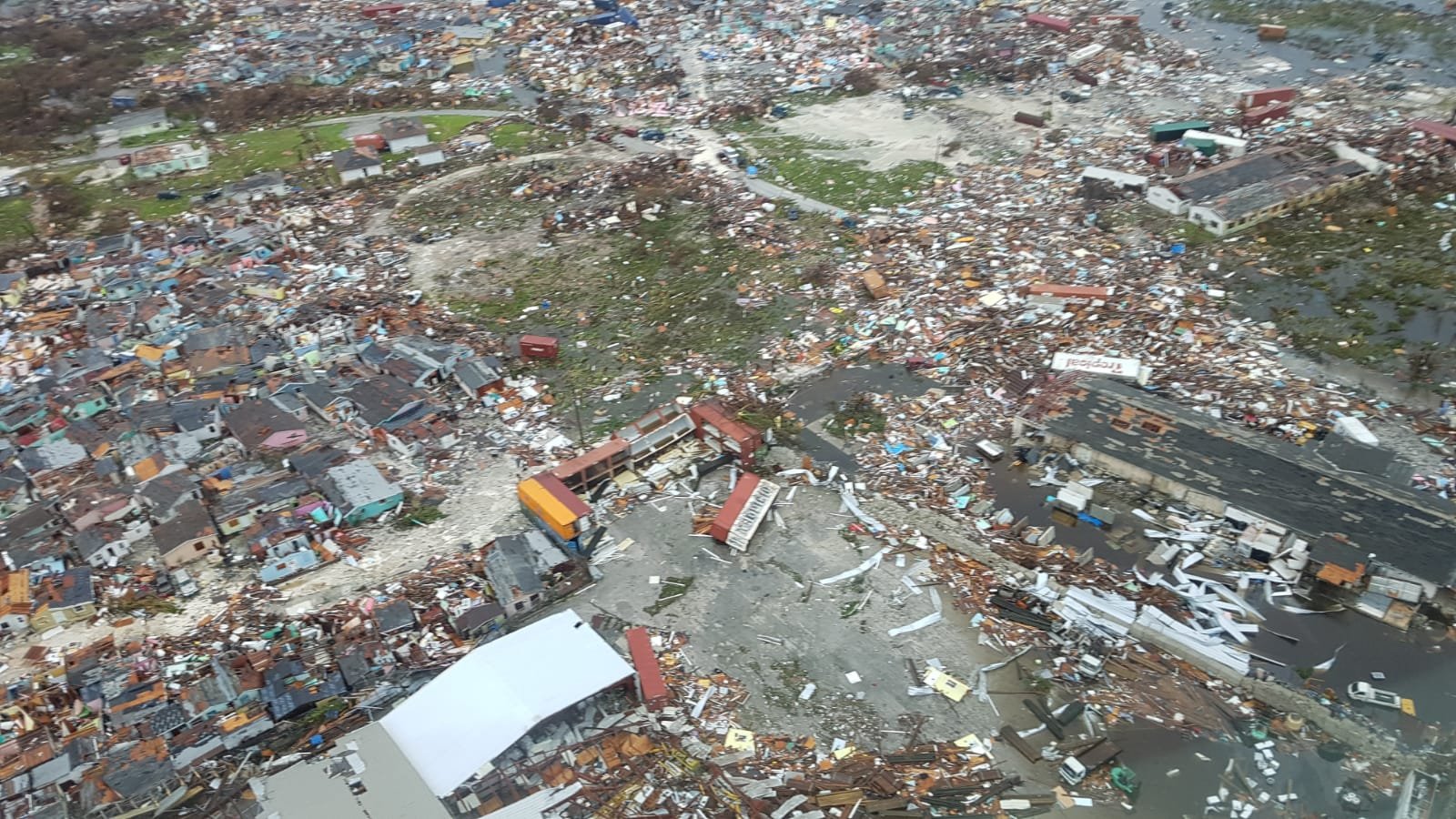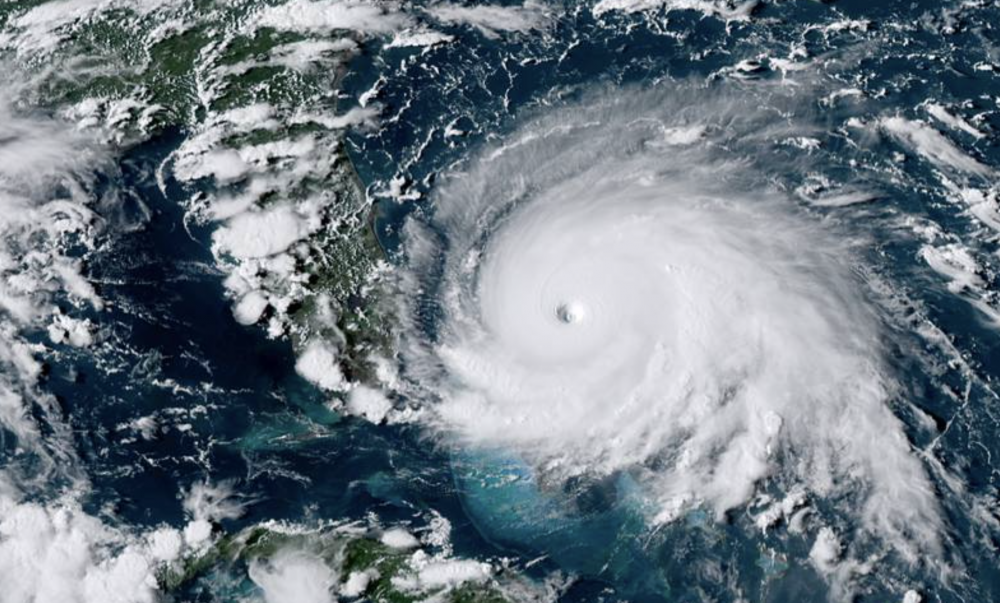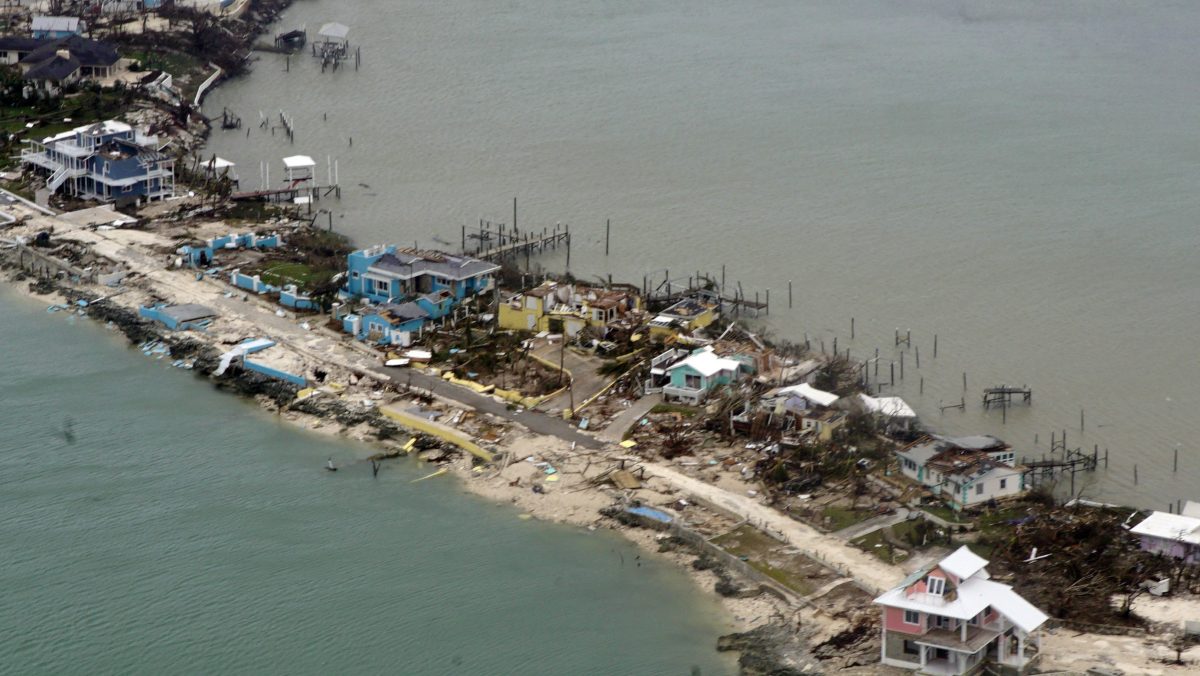Florida Dodged a Close One, but The Bahamas Paid the Price. What They Need Now

The people of northern Bahamas have just experienced one of the strongest hurricanes ever recorded in the Atlantic Ocean. At 185 mph, Hurricane Dorian ties with three other hurricanes for second place for this infamous title. But the most amazing, and destructive, fact is that Dorian stalled and subjected the northern Bahamas to its hurricane force winds for more than 48 hours. Imagine what destruction an EF4 tornado 12-miles wide hitting the Midwest for two full days would do to communities there. Add to those ferocious winds a 20-foot storm surge too and you’ll better understand the massive destructive impacts of this storm.
The scale, length of time and storm surge on these islands will present the Bahamas, and the international community, with a disaster response and recovery fraught with challenges. One notable challenge is overcoming the logistics of small islands that now have no, or significantly compromised, infrastructure. The establishment of sea and air pipelines will be priority number one in order to open the islands to evacuate people with critical injuries or life-threatening health conditions, while allowing for initial resources to facilitate desperately needed search and rescue operations to save lives. It is safe to assume that all airstrips and runways have been damaged, and ports compromised. Therefore, an armada of small vessels and helicopters will be needed for the immediate emergency response over the coming days.
Also, like many small Caribbean islands, residents rely on cisterns and water harvesting where piped water does not exist. Access to safe water is going to be a critical emergency need now and in the coming months until systems are restored and wells decontaminated. This will require mobile water treatment units, augmented by the distribution of purification tablets, to ensure communities have access to safe drinking water and to prevent outbreaks of acute watery diseases.
Lastly, it is important to note the psychological impact of being forced to huddle inside the dark while water rises around you as you listen to the never-ending howling of hurricane force winds for 24-48 hours. The shock that individuals have gone through will require long-term programs and commitments to help the affected population overcome the mental trauma they have experienced. Children and youth are acutely more vulnerable to post-traumatic stress syndrome after such a devastating event.
These are just a few of the priority needs for the Bahamas over the coming days, weeks and months. They represent priorities for the immediate emergency relief needs as well as areas where commitments will be needed for long-term recovery. I encourage everyone, including residents of Florida like me, to be thankful we did not experience the brunt of Dorian and support our brothers and sisters in the Bahamas who have paid the ultimate price. They will need us today, tomorrow and in the years ahead to fully recover.
More like this

Hurricane Dorian: A Quick Guide for Funders

